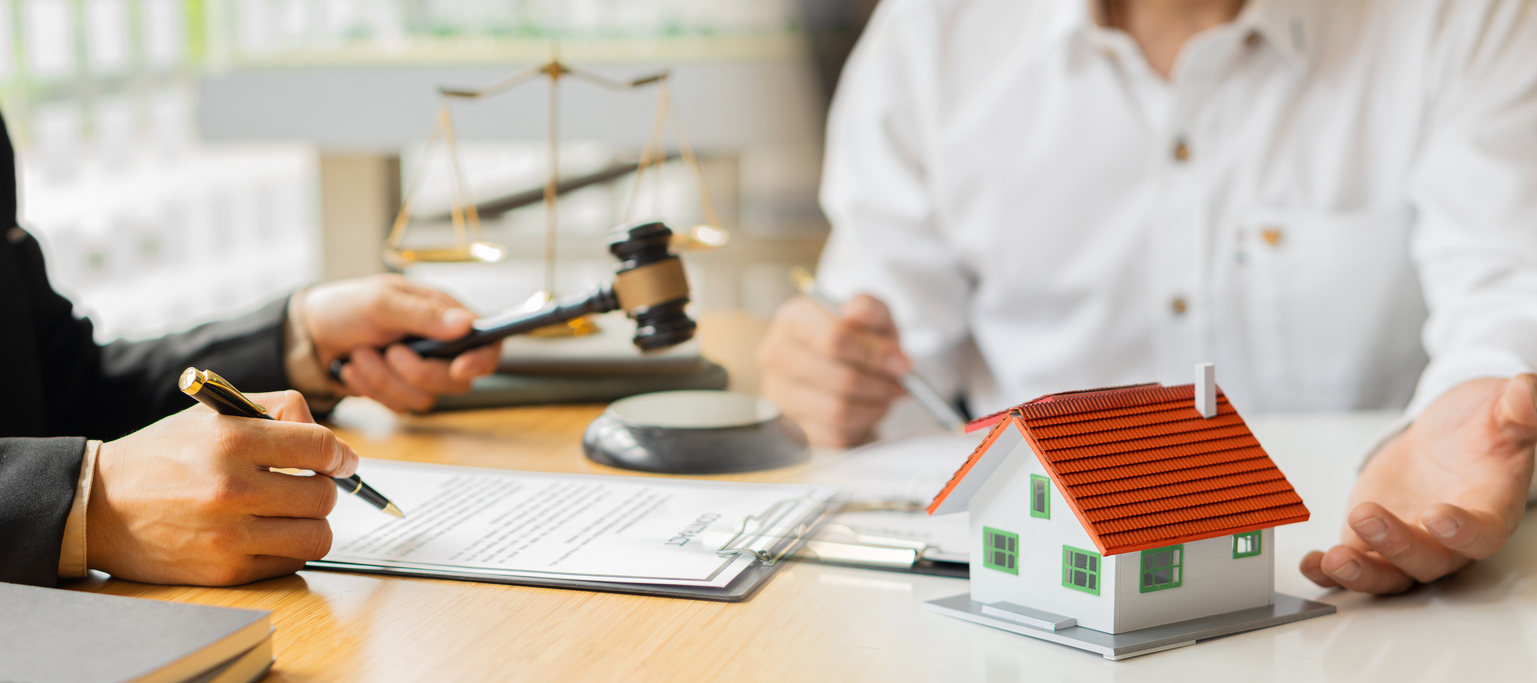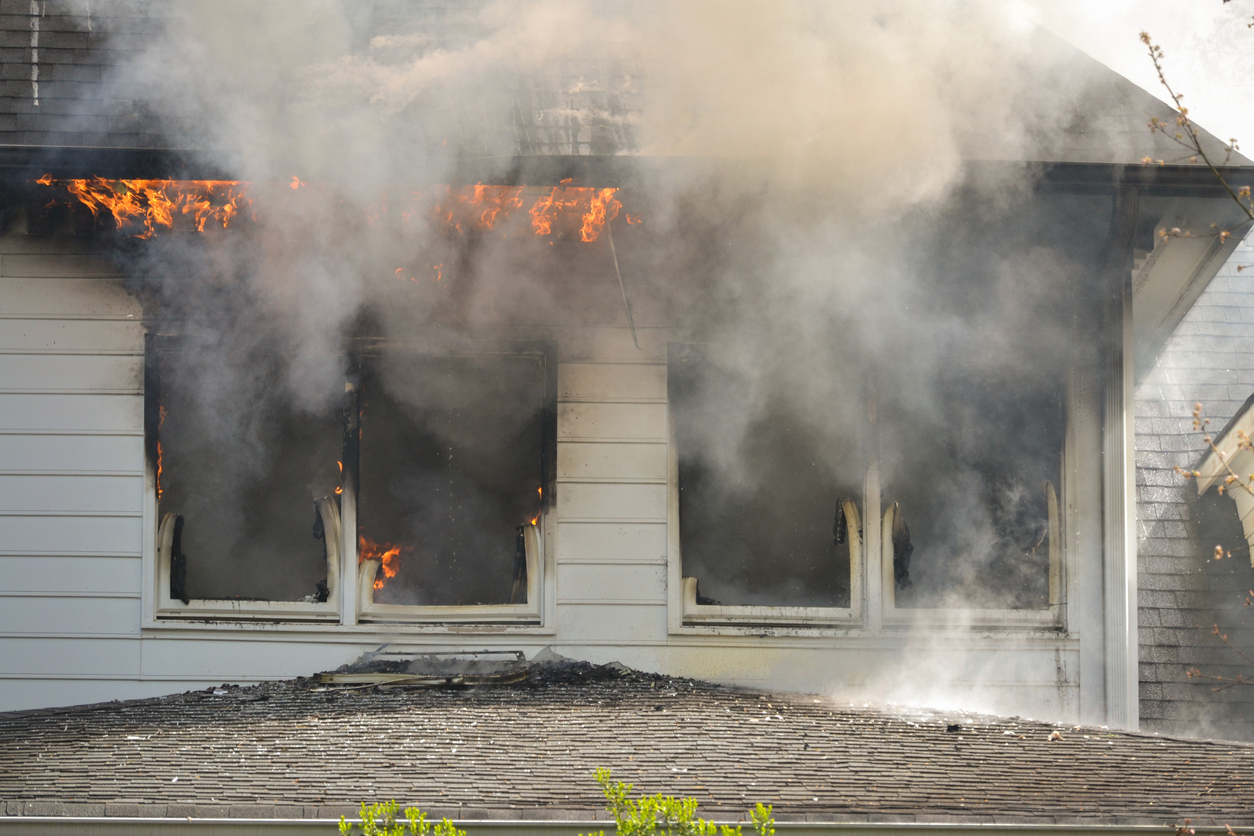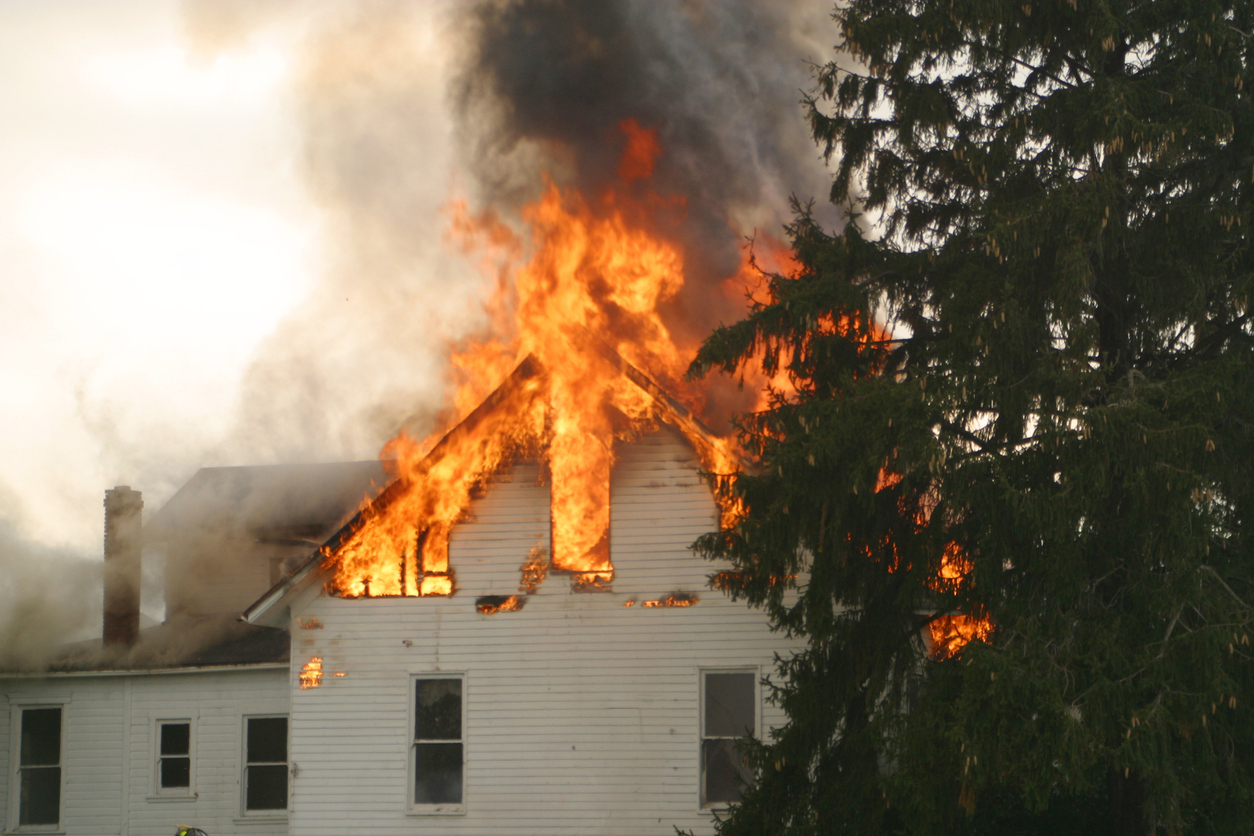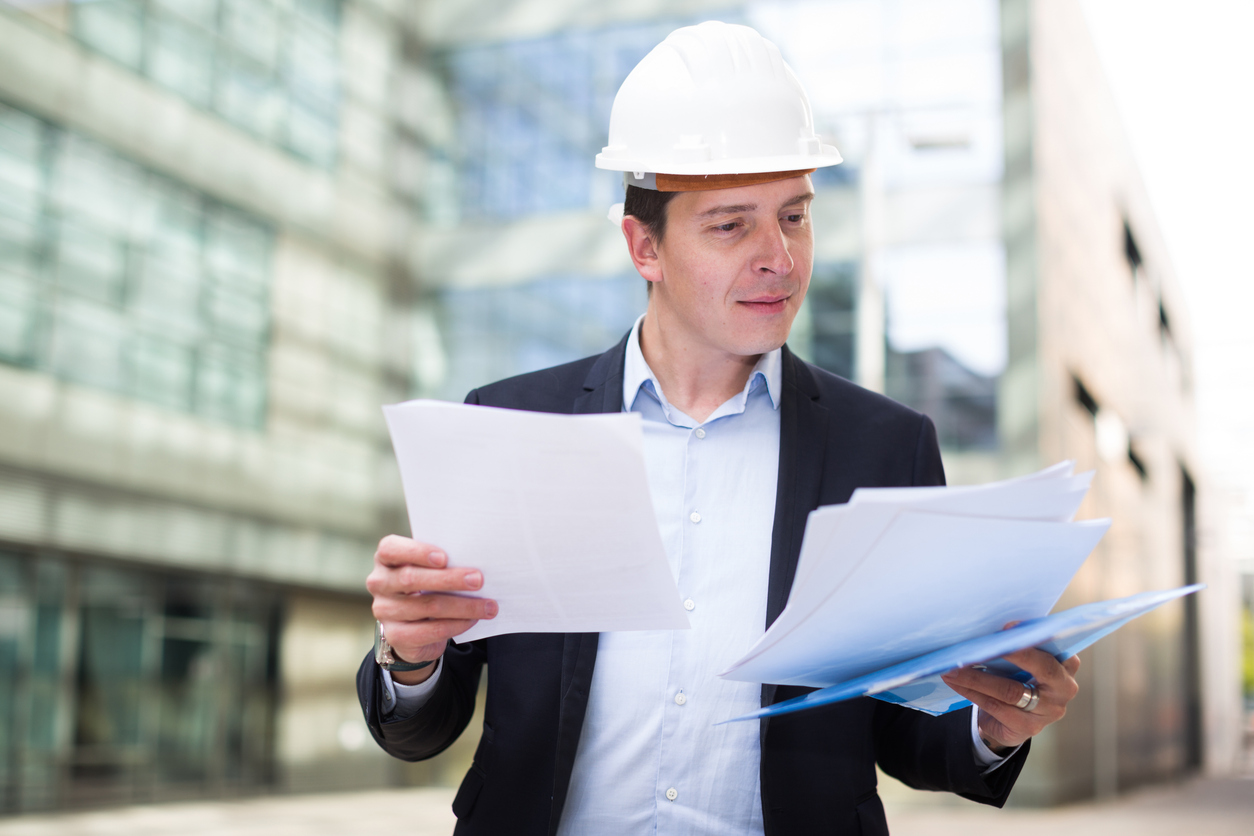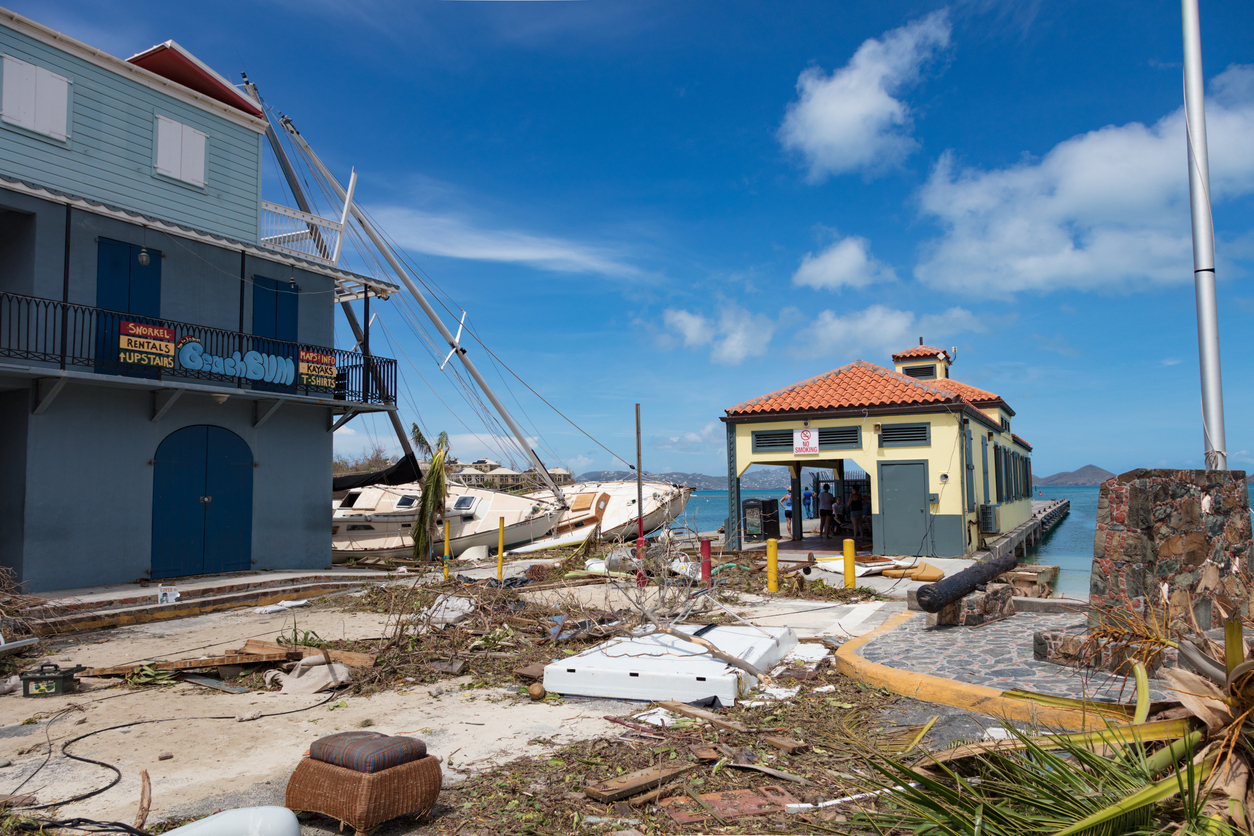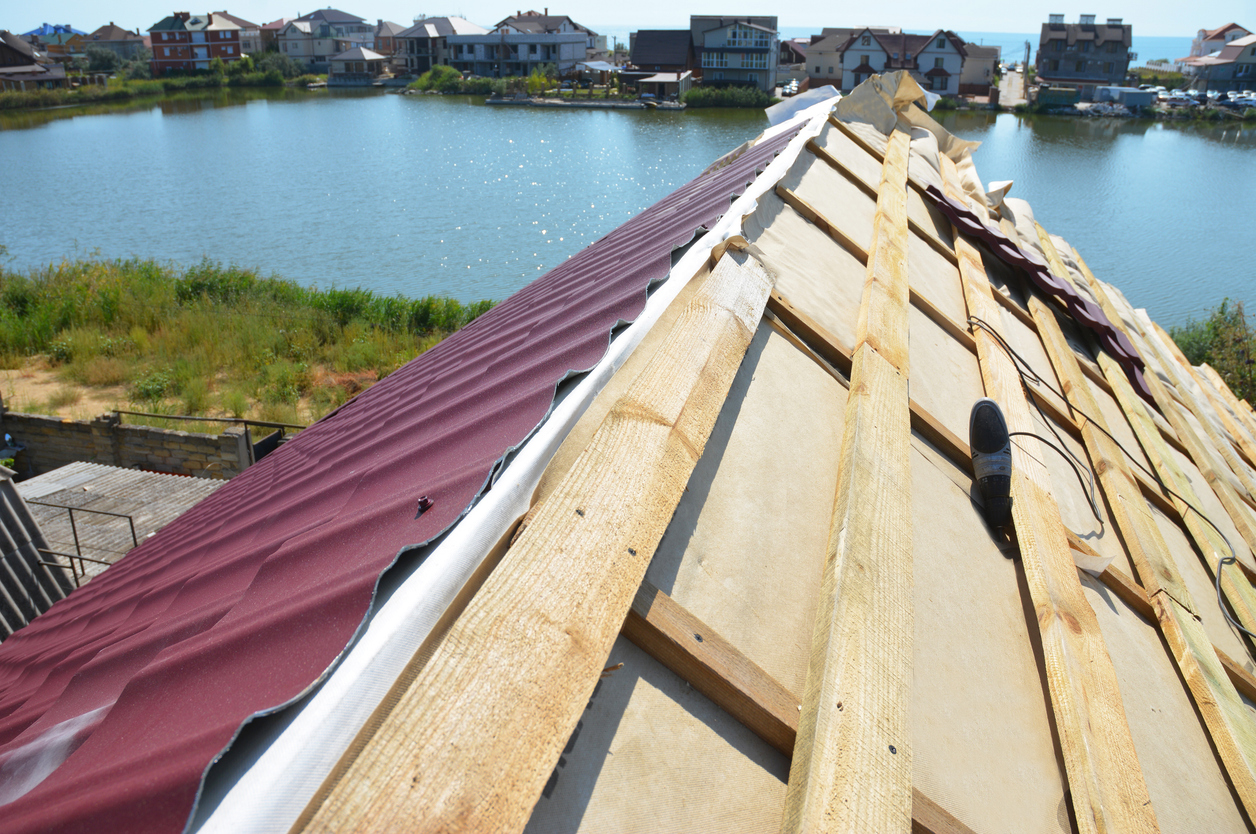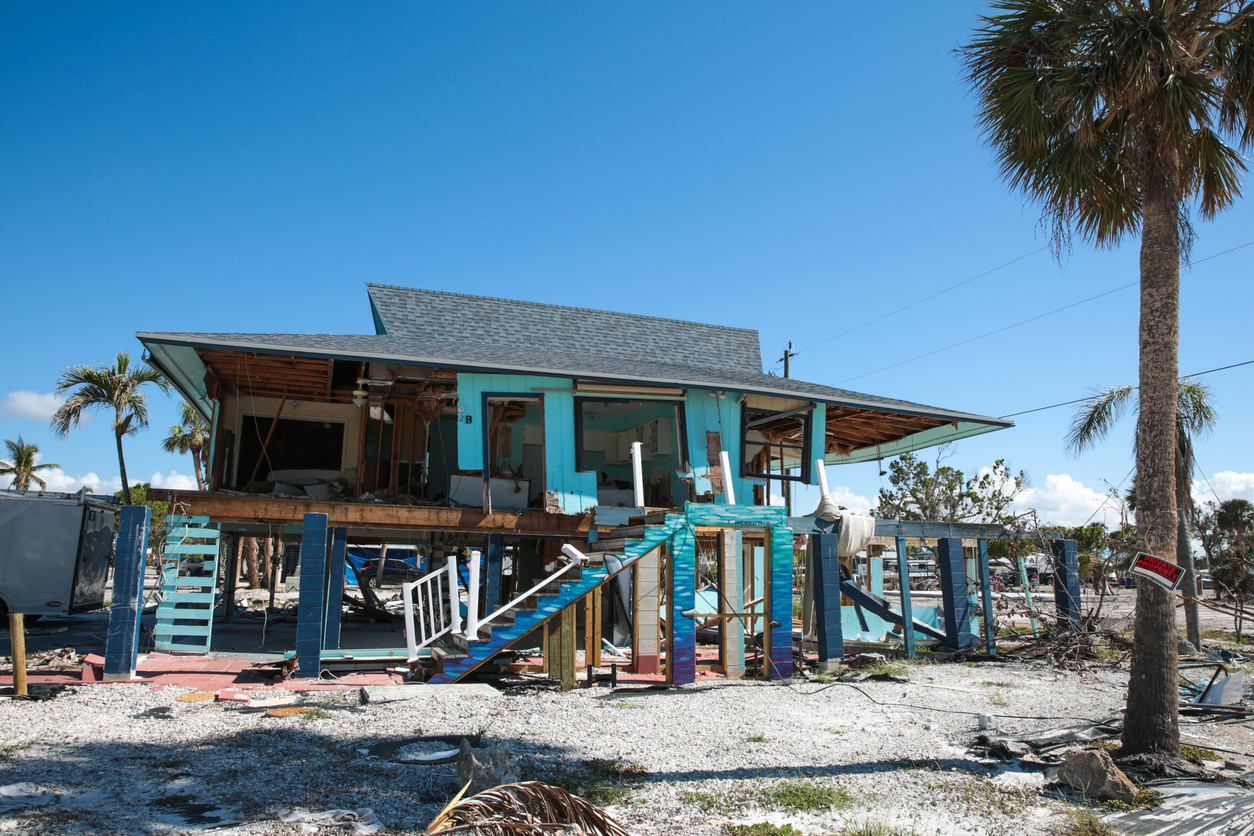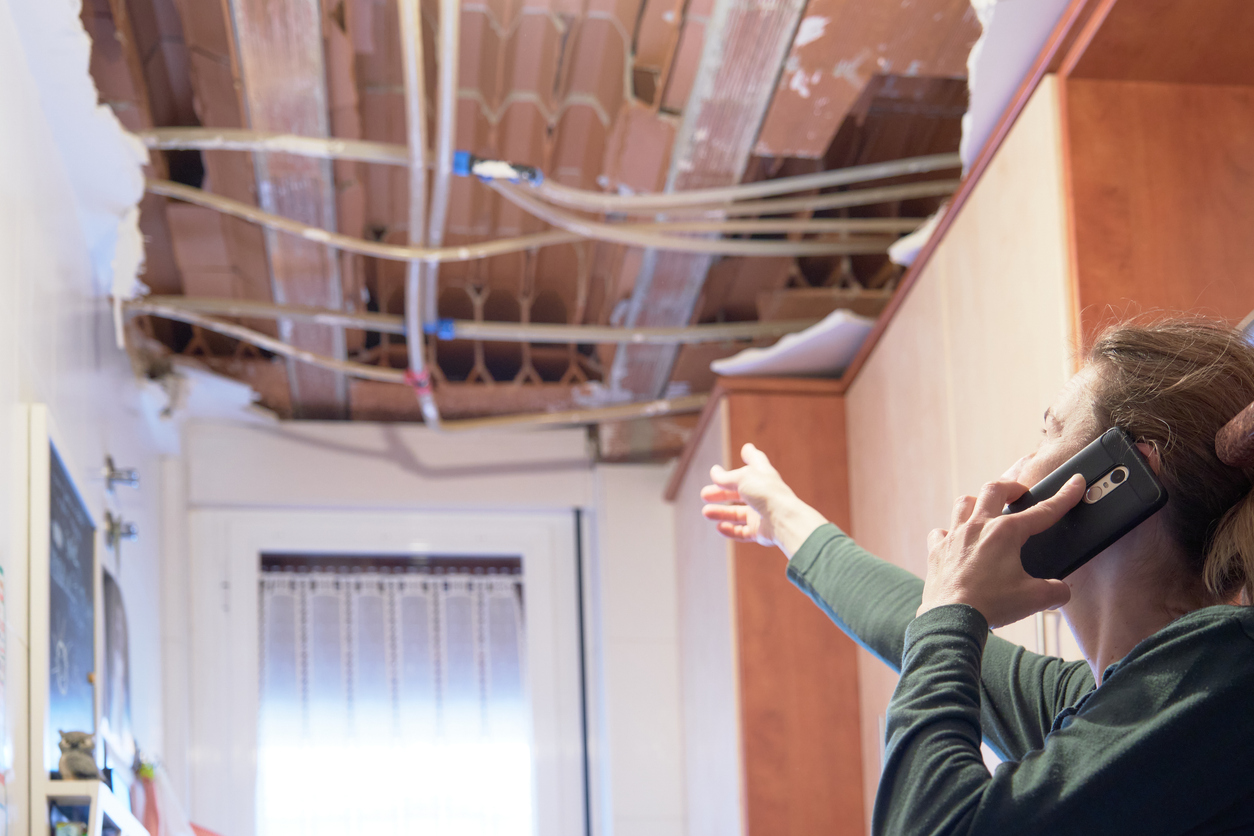Navigating an insurance claim can be a daunting process, especially after experiencing property damage or loss. In Florida, the expertise of a public insurance adjuster FL can make all the difference. These licensed professionals advocate for policyholders, ensuring that your claim is handled efficiently and that you receive the maximum compensation you deserve. But what exactly can you expect when working with a public adjuster during your claim?
At FL Claim Adjuster, we’re committed to providing comprehensive support to Florida homeowners and businesses. In this blog, we’ll walk you through the role of a public insurance adjuster, their step-by-step process, and how they help you achieve a fair settlement.
What Is a Public Insurance Adjuster?
A public insurance adjuster FL is a licensed professional who works exclusively for policyholders—not insurance companies. Their primary role is to:
– Evaluate and document property damage.
– Interpret your insurance policy.
– Negotiate with your insurance company to secure a fair settlement.
Unlike staff adjusters or independent adjusters who represent the insurance company, public adjusters advocate for your best interests throughout the claims process.
The Role of a Public Insurance Adjuster FL
Comprehensive Damage Assessment
One of the first things a public adjuster does is conduct a detailed inspection of your property. They identify:
– Visible damage, such as broken windows, roof leaks, or structural issues.
– Hidden damage, including mold growth, water intrusion, or compromised foundations.
This thorough assessment ensures all damages are accounted for in your claim.
Policy Analysis
Insurance policies can be complicated, filled with legal jargon and fine print. A public insurance adjuster FL:
– Reviews your policy to determine coverage limits and exclusions.
– Explains your rights and entitlements as a policyholder.
– Ensures your claim complies with the terms of your policy.
Claim Preparation
Preparing a claim involves more than just filling out forms. Your adjuster will:
– Document damages with photos, videos, and detailed reports.
– Compile repair estimates and receipts.
– Submit a comprehensive claim package to your insurer.
Negotiation with Insurance Companies
Public adjusters are skilled negotiators who:
– Present evidence to support your claim.
– Counter low settlement offers with factual data.
– Ensure your insurer considers all aspects of your loss.
Settlement Resolution
Once a settlement is reached, your public adjuster:
– Reviews the terms to ensure they meet your needs.
– Coordinates payment from the insurer.
– Assists with hiring contractors for repairs or replacements.
Benefits of Hiring a Public Insurance Adjuster FL
Maximized Compensation
Insurance companies often aim to minimize payouts. Public adjusters leverage their expertise to secure the maximum compensation for your claim.
Time Savings
Handling an insurance claim involves extensive paperwork, inspections, and negotiations. A public adjuster manages these tasks, allowing you to focus on recovery.
Stress Reduction
Navigating the claims process can be stressful, especially if you’re unfamiliar with insurance policies. Public adjusters provide professional guidance and support every step of the way.
Expertise in Complex Claims
For large-scale losses, such as hurricane or fire damage, a public adjuster’s experience is invaluable. They understand how to document and present claims to address multiple types of damage.
The Step-by-Step Process with a Public Insurance Adjuster FL
Step 1: Initial Consultation
The process begins with an initial consultation, during which the adjuster:
– Discuss the details of your claim.
– Review your insurance policy.
– Explain how they can assist you.
This meeting sets the stage for a successful claim.
Step 2: Damage Inspection
The adjuster conducts a thorough property inspection, documenting:
– Structural damage (e.g., walls, roofs, and foundations).
– Personal property losses (e.g., furniture, electronics, and appliances).
– Secondary damage (e.g., mold or water infiltration).
Step 3: Claim Preparation and Submission
After gathering evidence, the adjuster prepares a detailed claim package, including:
– Photographs and videos of the damage.
– Repair and replacement cost estimates.
– Documentation of additional expenses (e.g., temporary lodging or emergency repairs).
The claim package is submitted to your insurance company for review.
Step 4: Negotiation
The adjuster negotiates with your insurer to ensure:
– All damages are accounted for.
– The settlement offer reflects the true cost of repairs or replacements.
– Any disputes are resolved quickly and fairly.
Step 5: Settlement Finalization
Once the insurer agrees to a settlement, the adjuster ensures:
– Payment is issued promptly.
– Funds are sufficient to cover all necessary repairs or replacements.
– You’re satisfied with the outcome.
Common Challenges in the Claims Process
Low Settlement Offers
Insurance companies may undervalue your claim to minimize payouts. A public adjuster counters low offers with evidence and expertise.
Denied Claims
Insurers may deny claims due to alleged policy exclusions or insufficient documentation. Public adjusters appeal denials and present additional evidence to support your case.
Delays in Processing
High claim volumes or incomplete documentation can lead to delays. Public adjusters ensure your claim is prioritized and processed efficiently.
Real-Life Success Stories
Hurricane Damage
A Florida homeowner suffered extensive roof and water damage after a hurricane. FL Claim Adjuster documented all damage, negotiated with the insurer, and secured a settlement that fully covered repair costs.
Fire Damage Recovery
A family’s home was partially destroyed by fire. The insurer’s initial offer was insufficient, but FL Claim Adjuster negotiated a higher settlement that covered both repairs and replacement belongings.
Water Damage Resolution
A business owner faced significant water damage after a plumbing failure. FL Claim Adjuster’s expertise ensured the claim was approved, resulting in full compensation for repairs and lost revenue.
Tips for Choosing the Right Public Insurance Adjuster FL
Verify Licensing and Credentials
Ensure the adjuster is licensed to practice in Florida. Check their credentials through the state’s insurance department.
Assess Experience
Choose an adjuster with experience handling claims similar to yours, whether it’s hurricane damage, fire loss, or water intrusion.
Check Reviews
Read online reviews and testimonials to gauge the adjuster’s reputation and success rate.
Ask About Fees
Public adjusters typically charge a percentage of the final settlement. Ensure their fee structure is transparent and reasonable.
Why Choose FL Claim Adjuster?
At FL Claim Adjuster, we specialize in helping Florida residents navigate the complexities of insurance claims. Our team of experienced public adjusters provides:
– Comprehensive damage assessments.
– Expert claim preparation and documentation.
– Professional negotiation for maximum compensation.
– Personalized support throughout the claims process.
Conclusion
A public insurance adjuster FL is an invaluable ally when navigating the claims process. From documenting damage to negotiating settlements, they ensure your claim is handled professionally and that you receive fair compensation.
At FL Claim Adjuster, we’re dedicated to helping Florida homeowners and businesses recover from property losses with ease. Whether you’re dealing with hurricane damage, water intrusion, or fire loss, our team is here to guide you every step of the way. Schedule a consultation today and take the first step toward resolving your claim https://www.flclaimadjuster.com
Don’t let the claims process overwhelm you. Partner with FL Claim Adjuster for expert guidance and peace of mind.



